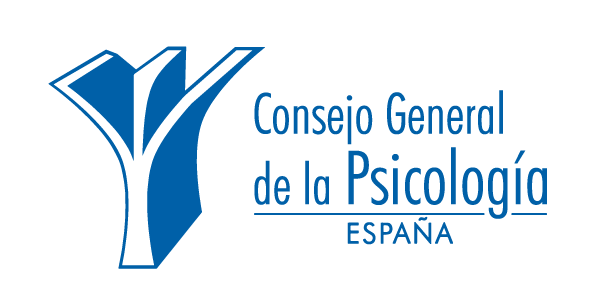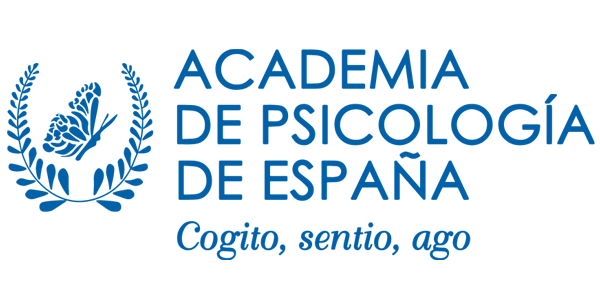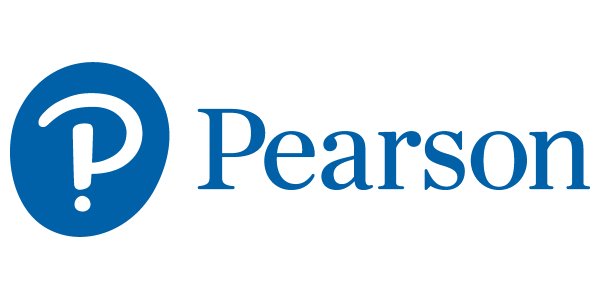Consequences of child maltreatment on neurodevelopment and emotional adjustment
In this symposium, we intend to analyze the effects of adverse childhood experiences (ACEs), which affect at least 25% of our child population, so it is not a trivial issue and will affect us greatly in one way or another in our work in consultation.
Thus, we start from the problems in the quality of the bond with the parents and the personal strategies for emotional regulation, going through how the trauma is experienced from the Autism Spectrum Disorder (ASD), taking into account the special idiosyncrasy of this disorder in terms of the experiential form of these, as well as its capacity for expression and emotional regulation and relational skills. Subsequently, there will be a brief look at the relationship of EIA with the most common confusing diagnosis related to the experience and consequences of EIA, such as ADHD (32% of this population has suffered some EIA susceptible to generate symptomatology throughout their lives). Finally, an interesting communication on relational trauma due to sexual abuse inflicted in childhood.
In short, it is intended to carry out a brief but comprehensive tour of the consequences of EIA, especially focused on sensitive and significantly vulnerable populations, but also making an incision in the most important and/or shocking aspects, such as the analysis of the link and one of the most extreme experiences that can be lived within the EIA, such as sexual abuse.
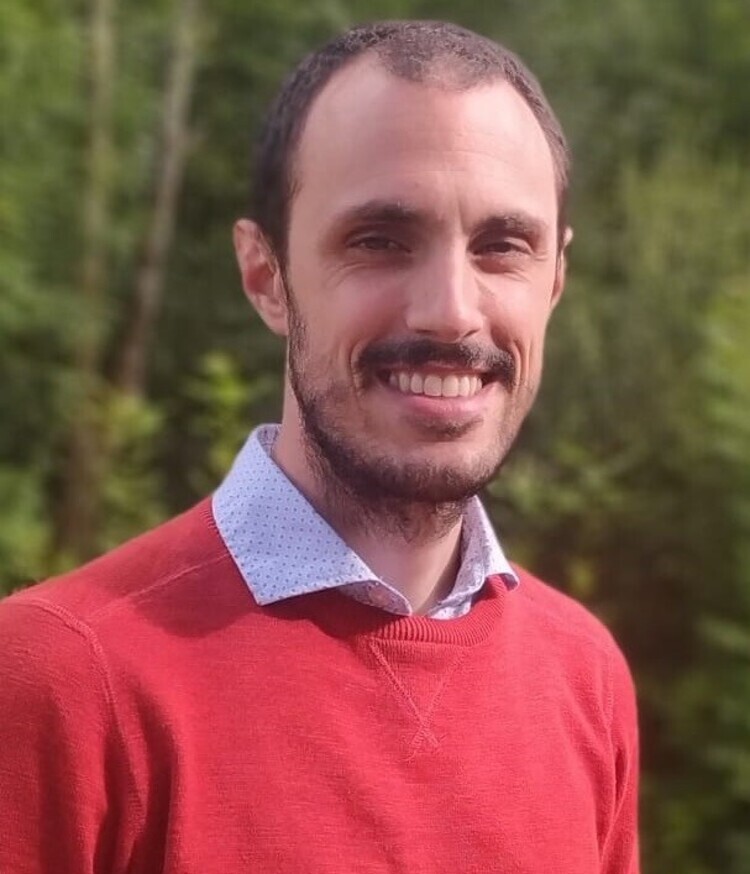
Iban Onandia
University of the Basque Country, Spain
Iban Onandia H. holds a Ph.D. in Clinical and Health Psychology and a Master’s Degree in Mental Health and Psychological Therapies (both from the University of Deusto), as well as an Associate Professor at the UPV/EHU since 2015 and a Collaborating Professor at UOC. Practicing psychology as a psychologist and clinical Neuropsychologist since 2008 in several centers and hospitals, he has been Technical Advisor for ADHD Associations and has exercised various professional functions for these for more than 10 years, in addition to giving a multitude of conferences, courses, and symposiums, leading workshops for parents and children and adolescents, group therapies, prevention workshops for preschoolers, etc. In addition, he was the director and Principal Investigator of the “Research and Follow-up Project on ADHD and Related Disorders” (PISTTA). In all these years, besides being the CEO of Psicología Amorebieta where he leads a team of 8 multidisciplinary professionals, he has been a validator of some well-known tools (WMS-IV, NEPSY-2, WPSSI-IV, BYI-II, ECM, BASC-3, Vineland, D2-R, FCR-R…), author of the book “Evaluación Neuropsicológica de los procesos atencionales” and of around 50 scientific publications, some of them in high impact journals. He is currently an internship tutor for university students from a dozen universities and has supervised around 300 theses, TFM and TFG, giving many symposia, lectures, courses, and conferences in very diverse areas such as cognitive impairment and dementias (line of his thesis and research of the Research Group on “Neurochemistry and Neurodegeneration”, qualified as type A by the Basque Government), neurodevelopmental disorders, etc. He is also currently a member of Red Infancia.
Organiza


Patrocina
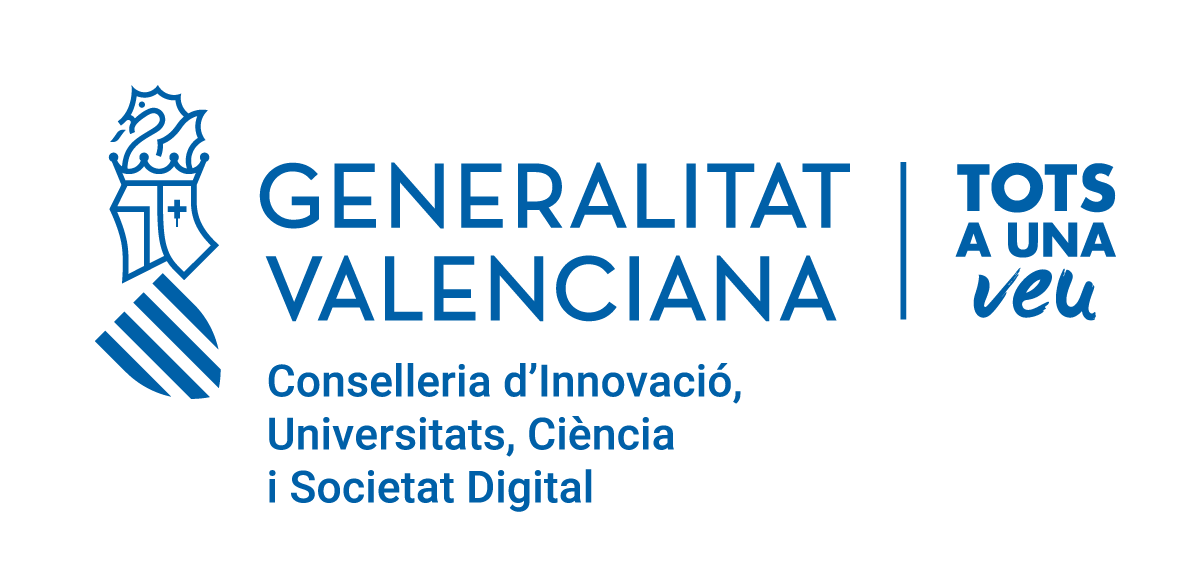
Con el apoyo de


![8CIPCNA-adaptaciones-[Recuperado]](https://www.aitanacongress.com/2022/wp-content/uploads/8CIPCNA-adaptaciones-Recuperado.png)
